Pomegranate Annar, Anar Fruit Plant
This product is available for shipping only in Bangalore
Enjoy the delicious and nutritious watery, red arils of Pomegranate by growing easily at your home.
Pomegranate is sub tropical fruit plant in Punicaceae family. Their multiple stems arch gracefully in a weeping habit. The leaves are opposite or sub opposite, glossy, narrow oblong, entire and the dramatic blossoms are trumpet shaped with orange-red ruffled petals.
Size of the pot : 9 inches
Plants size : 2 ft 5 inches
- Estimated Delivery : Up to 3 business days
- Free Shipping & Returns : On all orders over ₹550 in Bangalore
Pomegranate trees (Punica granatum) produce delicious fruit, and if you have the right warm climate, they are easy to maintain and not affected by many pests or diseases. The fruits have a red, leathery rind, and the sweet, edible seeds are full of antioxidants and have many health benefits.
The pomegranate can range from a dwarf shrub of 3 feet to a tree of 20 to 30 feet. The average size of a standard pomegranate shrub is 12 to 16 feet tall with a round shape. In most places, they are deciduous, but in warmer climates, they may be evergreen. They are also attractive ornamentally, with glossy leaves and scarlet red, tube-shaped flowers that are attractive to hummingbirds and other pollinators. The pomegranate is a popular choice for bonsai. The bark is a red-brown color, and branches may have spines.
Somewhat drought tolerant, a pomegranate tree is perfect for the sunniest and warmest locations in the yard that might scorch other plants. Young trees should be planted in the spring after any danger of late frost has passed. They usually take two to three years to bear fruit.
Plant Care: Pomegranate is a easy growing plant. Do not over water it. Keep it in a place where you have a good direct sun. For a this plant, you need well-draining soil. This type of soil ensures excess water drains through the plant pot. This prevents all that extra water from building up in the soil. When there’s too much water in your plant’s soil, it blocks the oxygen from getting through to the roots. The lack of oxygen to a plant’s roots can cause root rot. Root rot is just as the name sounds. It’s when the roots of a plant start to rot away. Fertilize once in a month. Loosen the topsoil without disturbing the roots of the plant so it can uptake the nutrients and moisture easily
General advise about Outdoor plants: Don’t kill your plants with kindness by overwatering. The is the most common mistake gardeners make. Different plants need different levels of moisture between watering. Some plants like moist soil between watering’s, while others prefer to dry out completely.
- Check the soil between watering’s with a stick, or even your finger, pushing below the top layer of soil or mulch to determine how moist the soil is.
- A watering can is an excellent choice for watering plants. Water well around the base.
- Water plants thoroughly. Water should run away from the edges of the plant or drain from the hole in the bottom of the pot.
Plants have individual nutrition needs, and beginning gardeners should be careful not to overfeed their plants. New plant installations will not need fertilizers or food of any kind for the first three months as they come from the nursery prepared for transplant.
Plant fertilizers come in three forms:
- Water-soluble: a liquid mixed with water and poured on the plant
- Spikes: a solid food that is pushed directly into the soil and releases nutrients slowly
- Granular: sprinkled around the base of a plant and watered in.
At the nursery these plants are grown under 40-70% shade cloth. If you plant this plant in a brightly lit area (like direct sun) you may experience leaf burn. It is best to acclimate this plant to its environment by keeping it outside and slowly moving it into a sunny area over a week or two to avoid stress before planting.
Keep an eye open for harmful insects or disease on new plant material. New plantings are not as strong as established plants, so they do require more attention. If you see a concern, you can research the issue or contact us for advice.
** Plants photos are for representation purpose only. We will make best efforts to send the plants as in photos itself, however it is not always guaranteed as plants might overgrow or shrink depending on the season, care or age. Trust us, we want to give you the best.

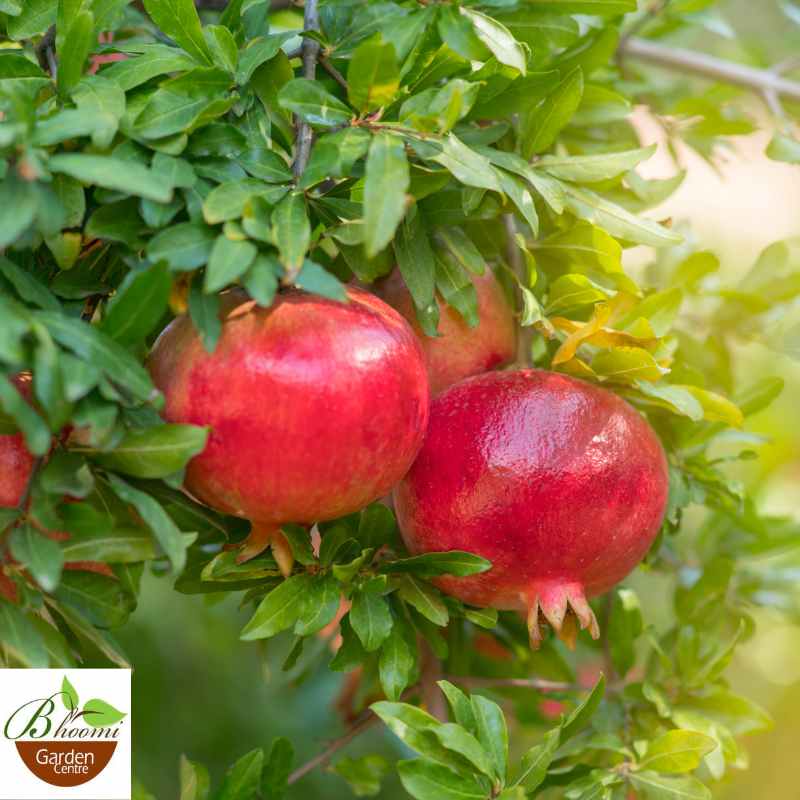
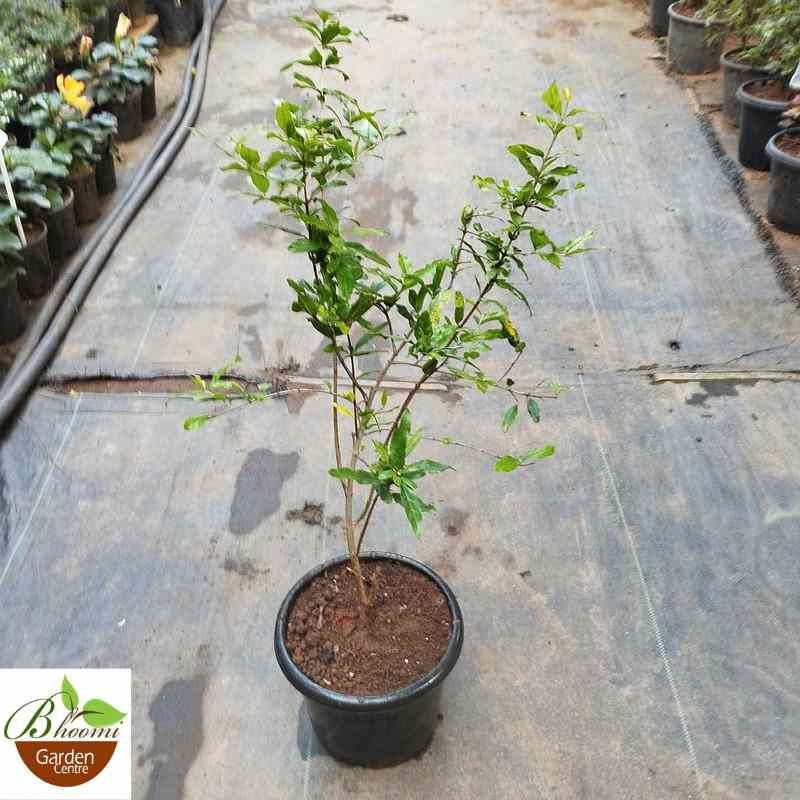


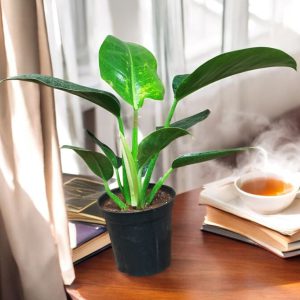
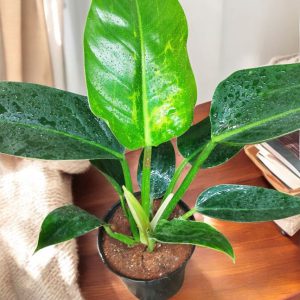
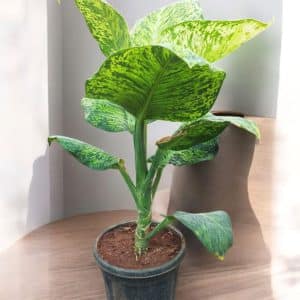
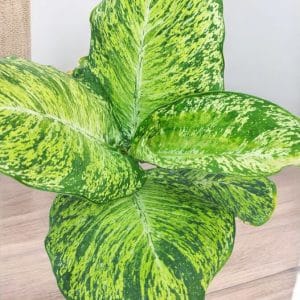
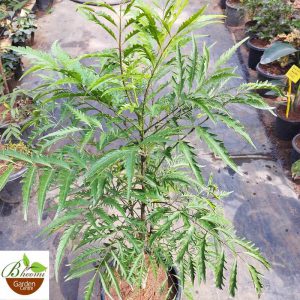
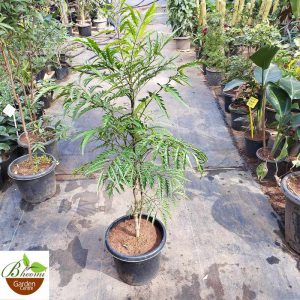
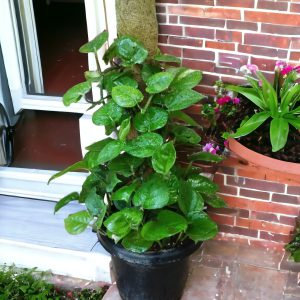
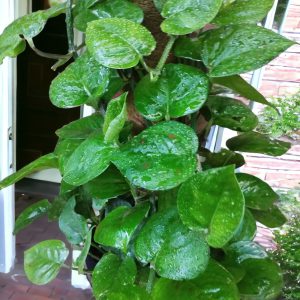
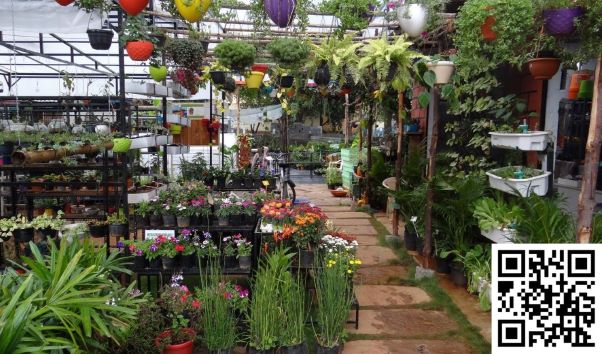
Reviews
There are no reviews yet.